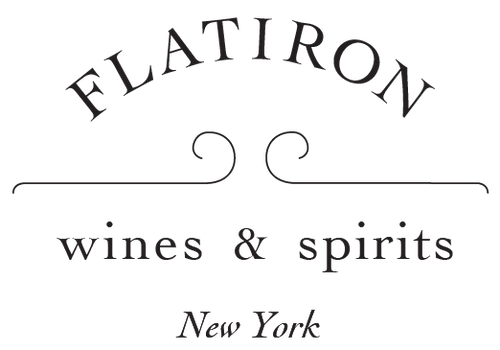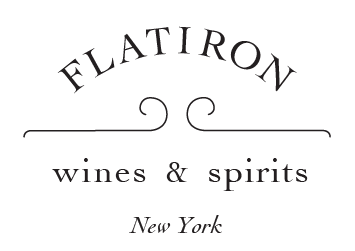Guiberteau
Romain Guiberteau is one of those producers that provokes the big question: What matters more, winemaking or terroir?
You see, Guiberteau has both, and in a big way. He is part of the New Loire movement,... Read More
Romain Guiberteau is one of those producers that provokes the big question: What matters more, winemaking or terroir?
You see, Guiberteau has both, and in a big way. He is part of the New Loire movement, and may in fact be considered its leading star. Like several of the movement's stars, he learned to make wine at Clos Rougeard. It was with Dani Foucault that he first produced 5,000 bottles of red wine after dropping out of law school.
Since then, he has moved to organic production, reduced or eliminated new oak, and just generally intervened less and less in the winemaking process. Less winemaking does not mean less skill; to the contrary, you need precision and plenty of good intuition to guide grapes into bottles of wine that successfully transmit terroir with fewer touches.
And what terroir! Locals have long known that the hill of Brézé is special, and there was a time when bottles of "Chenin de Brézé" were in royal wine cellars across Europe — the 100-point accolade of the 18th century. Americans started to catch on when they encountered Rougeard's Brézé bottling — the only white wine they make and a very rare bird. But it is Guiberteau's bottlings that have really shown us the site's great potential and the incredibly chiseled, assertive minerality that it conveys thanks to its intensely chalk-limestone soils and Mosel-like slopes.
So maybe the answer to the question: the greatest wines in the world need both terroir and the winemaking wherewithal to let that terroir shine.

